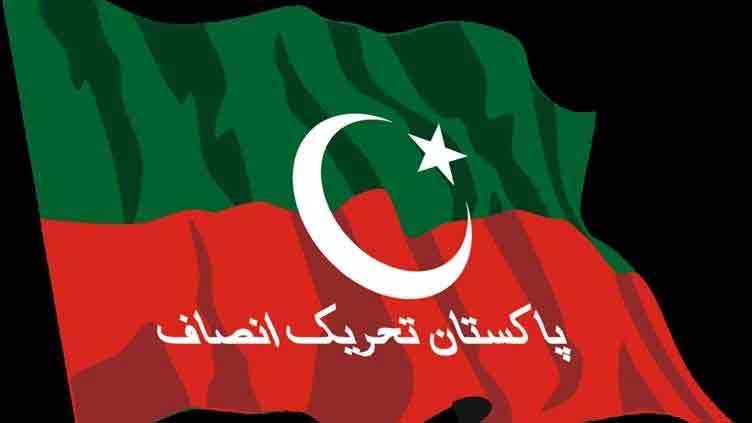Bilawal Kamran
The long-anticipated talks between the government and the Pakistan Tehreek-e-Insaf (PTI) have finally commenced in Islamabad, igniting cautious optimism amid the prevailing political turbulence in the country. In recent weeks, the air has been thick with speculation regarding these negotiations, fueled by mounting pleas from senior leaders of the Pakistan Muslim League-Nawaz (PML-N) and the PTI to break the political impasse. The initial round of discussions has supposedly ended on a hopeful note, with expectations that the PTI will present a formal charter of demands in the forthcoming meeting. While these developments are still in their infancy, they signify a critical step toward reinstating political dialogue and establishing the essential political space that has been sorely lacking.
For far too long, Pakistan’s political landscape has been overshadowed by a severe contraction in political engagement, particularly during the ‘hybrid’ years of governance. This erosion of political space can be largely attributed to former Prime Minister Imran Khan’s persistent reluctance to collaborate with his political adversaries. Whether he was in power or not, his steadfast refusal to engage in dialogue with rival parties served to undermine the collective political framework. Coupled with his dependence on the military establishment, this behavior entrenched its role in political dealings, subsequently diminishing the power of elected representatives. In Pakistan’s context—with its skewed power dynamics—this unwillingness to engage among political factions amplifies the influence of non-democratic forces. Thus, the advent of negotiations signals a welcome transformation and the possibility of recalibrating the political dynamics.
Yet, the PTI’s decision to enter negotiations appears rooted in a sense of exhaustion regarding its political strategies. The party has repeatedly allowed valuable opportunities for constructive engagement to slip away—from its refusal to establish a consensus over an election date during the prior government’s tenure to its choice against forming a coalition government with the Pakistan Peoples Party (PPP) following the electoral outcomes on February 8. This cycle of aggressive political protests has also produced harmful aftermaths, such as the violent riots of May 9 and the unrest on November 26. After the lack of traction from its call for mass mobilization and the failure of its civil disobedience campaign, one must wonder: has the PTI finally accepted that genuine dialogue, rather than disruption, is the only viable route to progress? This possible pivot not only affects the PTI but also holds implications for the broader political framework in Pakistan. Effective dialogue between governmental authorities and opposing parties is a foundational element of any thriving democracy.
Media reports suggest that initial discussions may incorporate confidence-building measures, which could serve to alleviate tensions. However, these measures can only be temporary band-aids; the ultimate aim must be to resolve substantive issues, particularly the framework for conducting free and fair elections.
The journey towards reconciliation remains laden with obstacles. The profound distrust between the government and the PTI cannot be obliterated swiftly. Political experts recommend a cautious and methodical approach, prioritizing the resolution of immediate grievances before advancing to extensive issues like electoral reforms. A historical reference point, the Charter of Democracy signed between the PPP and PML-N in 2006, highlights the power of political consensus forged amid deep-seated rivalries. Today, Pakistan’s political factions must devise a new charter that addresses the unique challenges of the modern era while reaffirming their commitment to democratic principles.
Failure to achieve political stability poses a significant risk of disenfranchising voters and further undermining public confidence in democratic institutions. With Pakistan grappling with economic burdens, security dilemmas, and an escalating climate crisis, stability in governance moves beyond mere luxury—it becomes essential. Though the current talks are merely the outset, they present an opportunity to navigate toward a more positive trajectory.
It is crucial that all involved parties—political entities, civil society organizations, and the general populace—rally behind and maintain this momentum for dialogue. The alternative, characterized by a protraction of hostility and gridlock, is a path that Pakistan can ill afford. As the talks unfold and expectations are placed on the outcomes, it will be vital for all stakeholders to engage with genuine intent, ensuring that the political process doesn’t falter at this pivotal juncture. The stakes are high, and only through collaboration and accountability can Pakistan hope to foster a democratic ethos that truly reflects the will of its people.

















